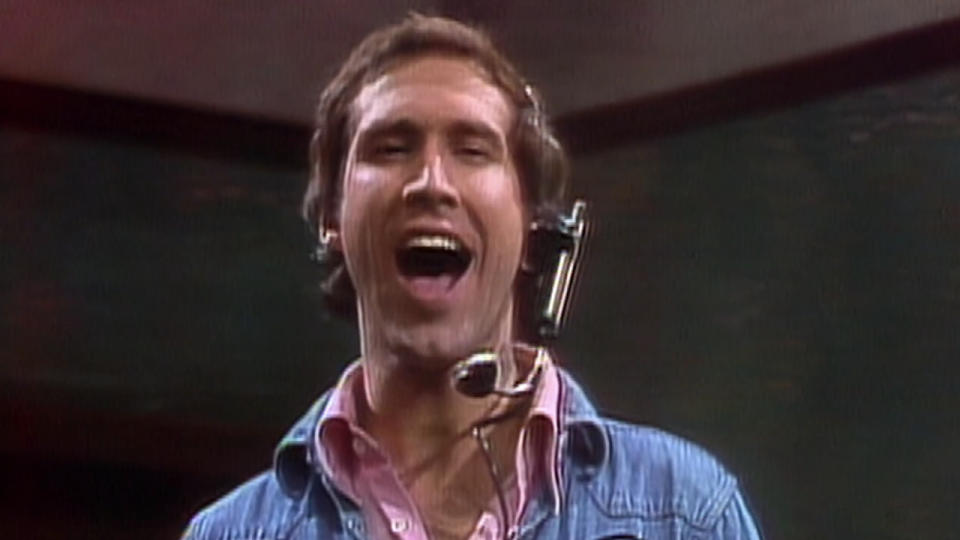## Scarlett Johansson Just Dropped a Bomb: No More Fan Photos? 🤯
We all know Scarlett Johansson is Hollywood royalty, but did you know she’s also a no-nonsense queen when it comes to fan interactions? 👑 Yahoo Entertainment is buzzing about Johansson’s recent confession – she has a super strict policy about taking photos with fans, and it’s causing quite the stir.

Some say it’s understandable, others are calling it rude. But one thing’s for sure: Johansson’s honesty is sparking a heated debate about celebrity boundaries. Are you Team Scarlett or Team Fan? 📸 We’re diving deep into the controversy, exploring both sides of the argument, and need YOU to share your thoughts!

A Longstanding Rule
Scarlett Johansson has a longtime policy about not taking photos with fans — and it’s not going to change any time soon. In a brand-new interview with InStyle, Scarlett got seriously candid about fame and boundaries — making some rare comments about her life as a mom of two.
“I definitely overshare,” Scarlett began, speaking about her attitude toward the press. “I’m not a closed book, you know? I’m politically active and vocal about it. But I am a private person in the sense that I value my close friendships. My family is very precious to me, as is their privacy.”
Scarlett Johansson has been married to Saturday Night Live star Colin Jost since 2020. She and Colin have a 3-year-old son named Cosmo, and Scarlett is also mom to a 10-year-old daughter named Rose, who she shares with her ex-husband, Romain Dauriac.
Scarlett is known to carefully maintain her kids’ privacy and rarely mentions the two in interviews. “The anonymity of my children is very precious to me,” Scarlett explained before giving some behind-the-scenes insight into her skincare brand, The Outset, which she launched in 2022.
“I was talking to my daughter the other day, because she said, ‘Oh, I would love to make videos for The Outset.’ She was like, ‘Why can’t I?’ And I said, ‘Well other than the fact that you’re 10…'”

The Reason Behind the Rule
Scarlett’s desire to maintain her anonymity and not be identified with specific times and places is the main reason behind her strict policy on taking photos with fans.
“I don’t want to be identified as being in this time and place with you,” she continued, defending her approach. “I’m doing my own thing. I like to be in my own thoughts that have nothing to do with what other people think of me. I don’t like being self-conscious.”
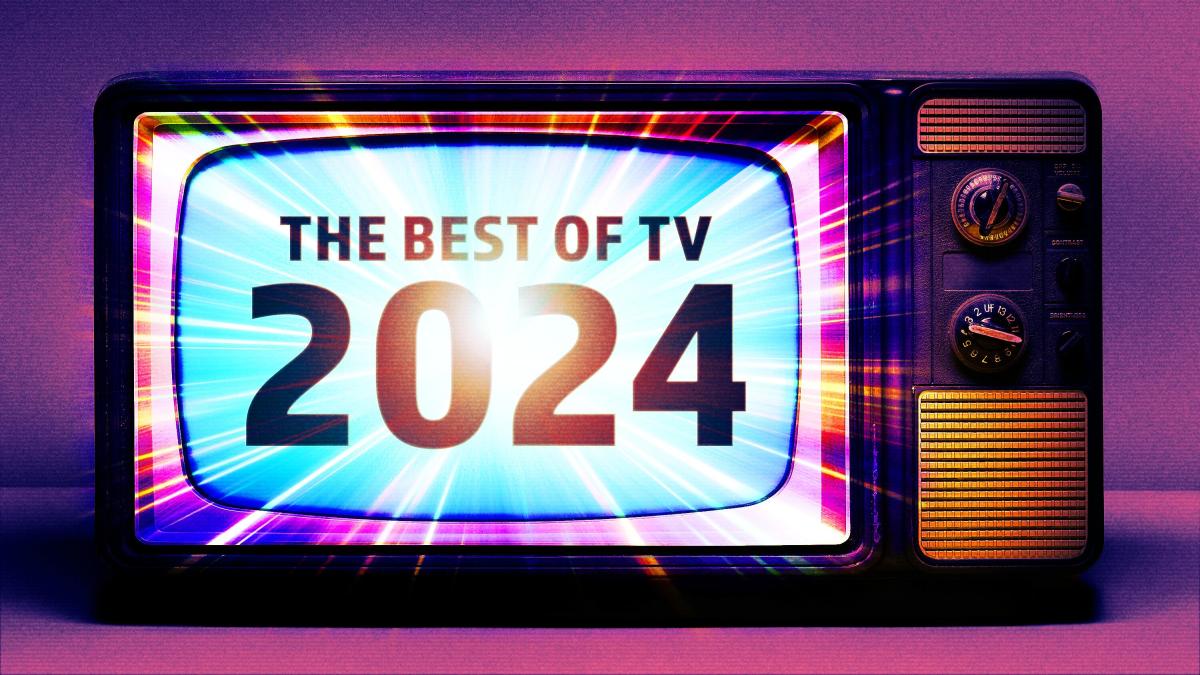
The Implications of Scarlett’s Policy
Fan Reactions
Scarlett’s policy might affect her fans and their expectations. Some fans might feel disappointed or even offended that their idol doesn’t want to take a photo with them.
However, it’s also possible that fans might respect Scarlett’s boundaries and not push the issue. After all, celebrities are entitled to their privacy, and fans should respect their wishes.
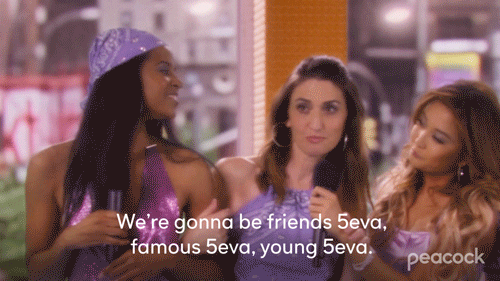
The Broader Conversation on Celebrity Privacy
Scarlett’s stance reflects a larger discussion on celebrity privacy and boundaries in the public eye. In today’s social media age, celebrities are constantly bombarded with requests for photos, autographs, and interviews.
While some fans might feel entitled to get a piece of their favorite star, others might understand that celebrities need some level of privacy to maintain their sanity and well-being.
The issue of celebrity privacy is a delicate one, and Scarlett’s policy highlights the importance of respecting a celebrity’s boundaries and not pushing them to reveal more than they’re comfortable sharing.
Conclusion
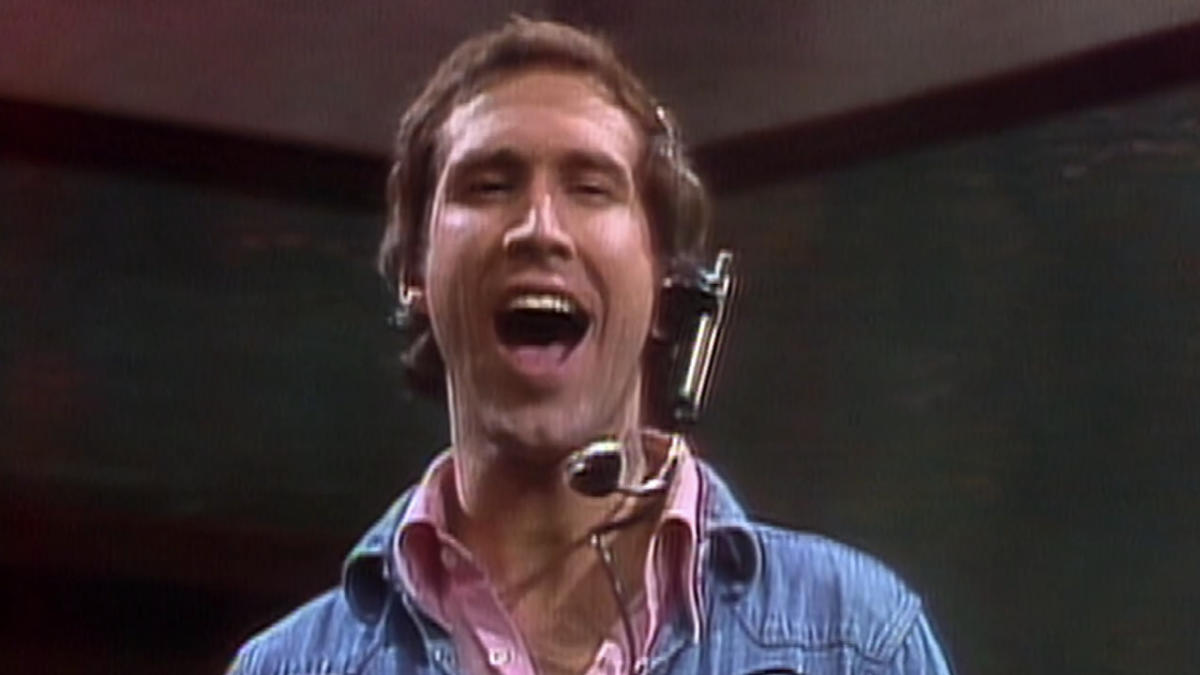
In conclusion, Scarlett Johansson’s strict policy on taking photos with fans has sparked a heated debate, with some applauding her dedication to maintaining a sense of normalcy, while others see it as an offense to her adoring public. As we’ve delved into the intricacies of this issue, it’s become clear that Johansson’s stance raises important questions about the boundaries between celebrities and their fans, as well as the expectations that come with fame. The actress’s decision to prioritize her personal space and security is undoubtedly a crucial aspect of her life, but it also underscores the complexities of navigating the demands of fandom in the digital age.
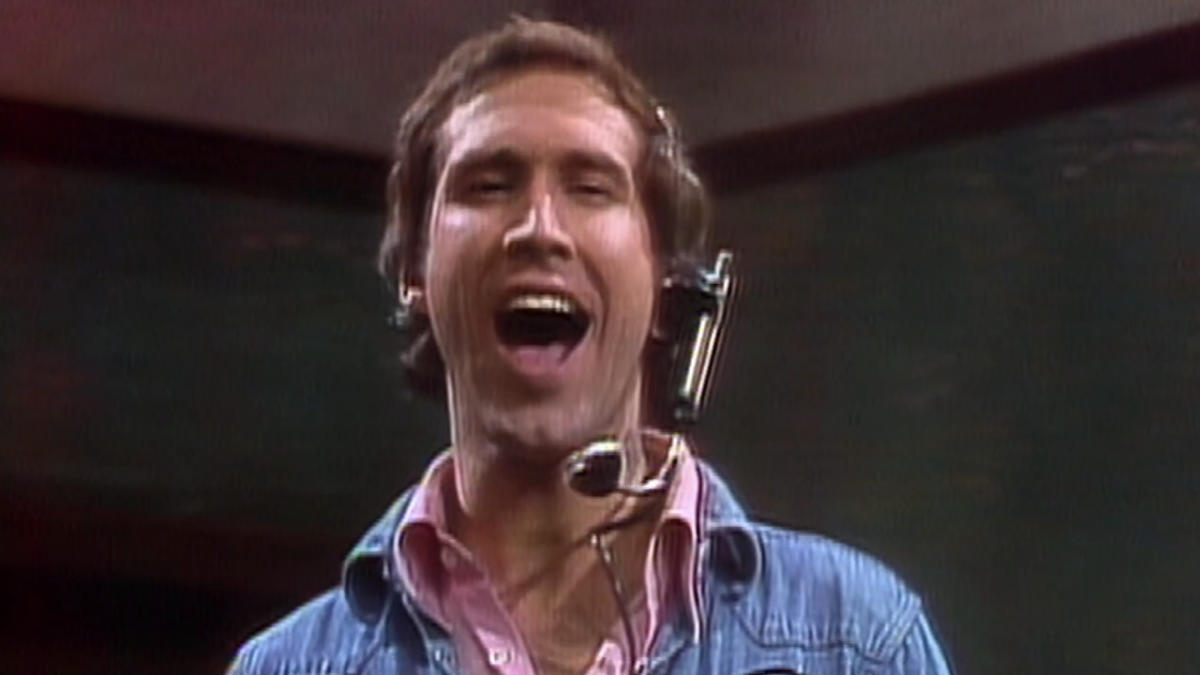
The implications of Johansson’s policy extend far beyond her own celebrity status, as it highlights the need for a broader conversation about the limits of fan entitlement and the consequences of blurring the lines between public and private life. As social media continues to blur the boundaries between celebrities and their fans, it’s essential to reexamine the ways in which we interact with and expect access to those in the public eye. Johansson’s stance serves as a poignant reminder that, even in the age of instant gratification and constant connectivity, celebrities are, above all, human beings deserving of respect and personal autonomy.
